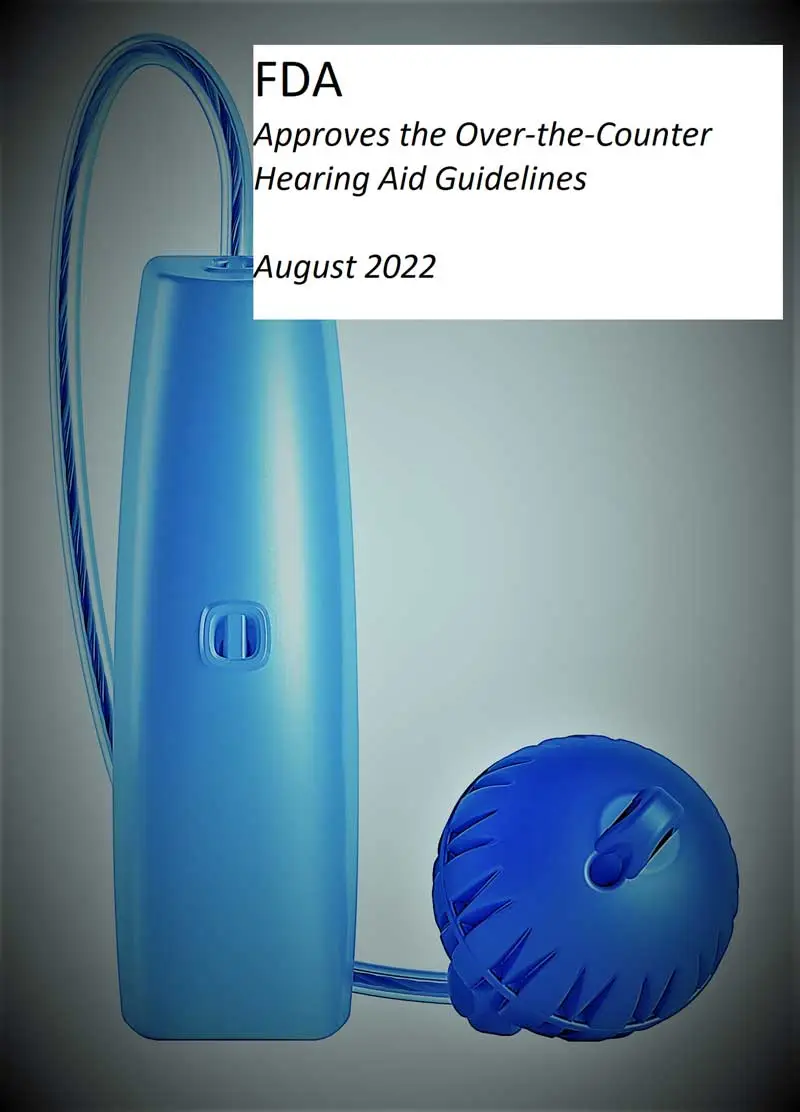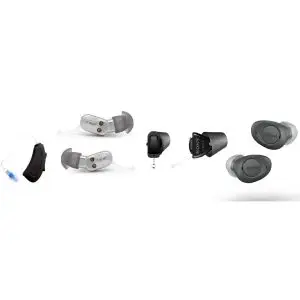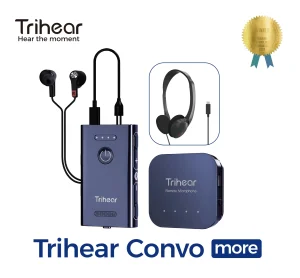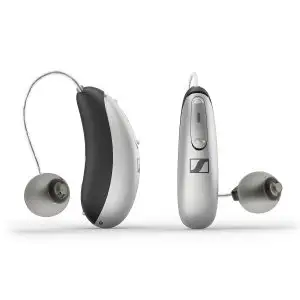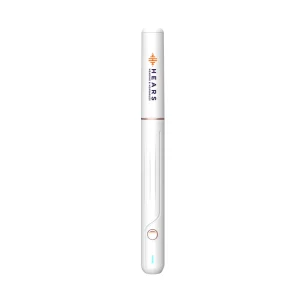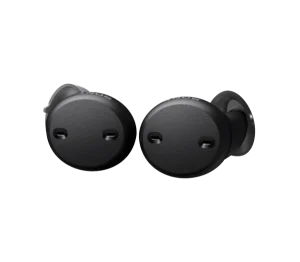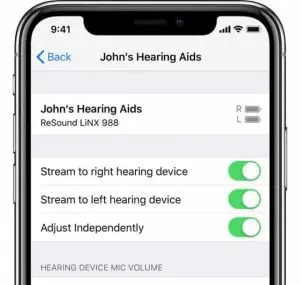FDA Finalizes Historic Rule on Over-the-Counter (OTC) Hearing Aids: What You Need to Know
The FDA has officially finalized a groundbreaking rule that will make Over-the-Counter (OTC) hearing aids available to millions of Americans, a development years in the making. This new rule represents a significant step forward in improving access to hearing aids, which can help people with mild to moderate hearing loss regain better hearing.
Background on OTC Hearing Aids and FDA Regulations
The process began with the passage of a 2017 bill in Congress, which mandated the FDA to establish a category for OTC hearing aids. After years of deliberation, the final rule has been set in motion. Starting in October, consumers will be able to purchase OTC hearing aids from retail stores or online retailers without the need for a prescription, medical exam, or fitting by a licensed professional.
These OTC hearing aids are still classified as medical devices and will only be available to adults aged 18 and older. The FDA’s primary goal is to make hearing aids more accessible and affordable, while ensuring safety, effectiveness, and fostering competition and innovation in the hearing aid market.
Key Features of OTC Hearing Aids
While OTC hearing aids offer a simpler option for people with hearing loss, there are certain safety measures in place. For example, these devices are designed to limit how deep they go into the ear, and they have a lower maximum sound output. They also include user-adjustable volume controls and come with simplified instruction manuals, along with apps, videos, and helpful resources to assist users.
However, it’s important to note that OTC hearing aids are intended for individuals who perceive their hearing loss as mild to moderate. But how can consumers accurately determine their hearing loss severity? Many people with hearing loss may not even recognize it, attributing it to external factors like background noise or mumbling speakers.
Self-Diagnosing Hearing Loss: A Potential Challenge
Self-diagnosing hearing loss can be tricky. It’s common for individuals to deny or downplay their hearing impairment. They may blame others for speaking too softly or claim that their hearing isn’t “that bad.” Under the new FDA rule, individuals with perceived mild to moderate hearing loss are encouraged to purchase OTC hearing aids, but how accurate are these self-assessments?
To ensure the effectiveness of the devices, it’s advisable for consumers to consult with a hearing care professional before making a purchase. This helps to confirm that the OTC hearing aids will be appropriate for their needs, potentially saving time and money in the long run. After all, if the hearing aids don’t help, they can be returned—but it’s important to consider whether they truly address the specific hearing challenges at hand.
OTC Hearing Aids vs. Prescription Devices: Understanding the Differences
While purchasing OTC hearing aids may seem like a convenient option, it is not as simple as picking up a pair of reading glasses. Hearing aids are sophisticated devices, often likened to small computers, and require careful consideration of individual hearing needs. Unlike a “one-size-fits-all” solution, hearing loss varies across different frequencies, meaning that the right adjustment is crucial for optimal performance.
Hearing care professionals such as audiologists go through an extensive fitting and adjustment process to tailor hearing aids to an individual’s unique hearing profile. Without the proper exam, there is a risk that users may unknowingly purchase devices that won’t address structural issues in the ear or with the auditory nerve.
Who Benefits from OTC Hearing Aids?
The introduction of OTC hearing aids is a positive development for those who have mild to moderate hearing loss and are seeking a more affordable option. However, these devices are not suitable for everyone. They do not address more severe hearing loss, and they are not intended for use by children. For individuals with significant hearing impairments or complex needs, professional evaluation and prescription hearing aids remain the best option.
Moreover, while OTC hearing aids may help alleviate some barriers related to cost and access, they do not solve the broader issue of affordability and access to hearing care, particularly for people in rural areas or those with more severe hearing needs. It’s essential for Congress and health systems to continue working toward improving coverage and access to hearing aids for all individuals who need them.
A Step Toward Greater Accessibility
The FDA’s new rule is a step in the right direction, but the journey is far from over. It is estimated that approximately 30 million Americans could benefit from hearing aids, yet only 20% of those who need them actually use them. Cost, access to care, and lingering stigma are significant barriers that still need to be addressed.
At Hears Hearing & Hearables, we are committed to ensuring that everyone who needs hearing aids receives the proper care and support. We will continue advocating for greater access to hearing solutions, striving to make hearing care available and effective for all.
The Bottom Line
The FDA’s new rule allowing the sale of OTC hearing aids represents a major milestone in hearing health care. For those with mild to moderate hearing loss, these devices provide an affordable and accessible option. However, for best results, it’s important to consult a hearing professional to ensure the right device is chosen. OTC hearing aids are not a substitute for a comprehensive hearing evaluation, and they are not appropriate for all individuals, especially those with more severe hearing loss or children.
With continued innovation and progress in hearing technology, we look forward to a future where everyone can experience the joy of better hearing.
Written by Karen (edited by Kim and Chat GTP)
Contact us today at Hears Hearing & Hearables to learn more about your hearing aid options and get the guidance you need to make an informed decision.

